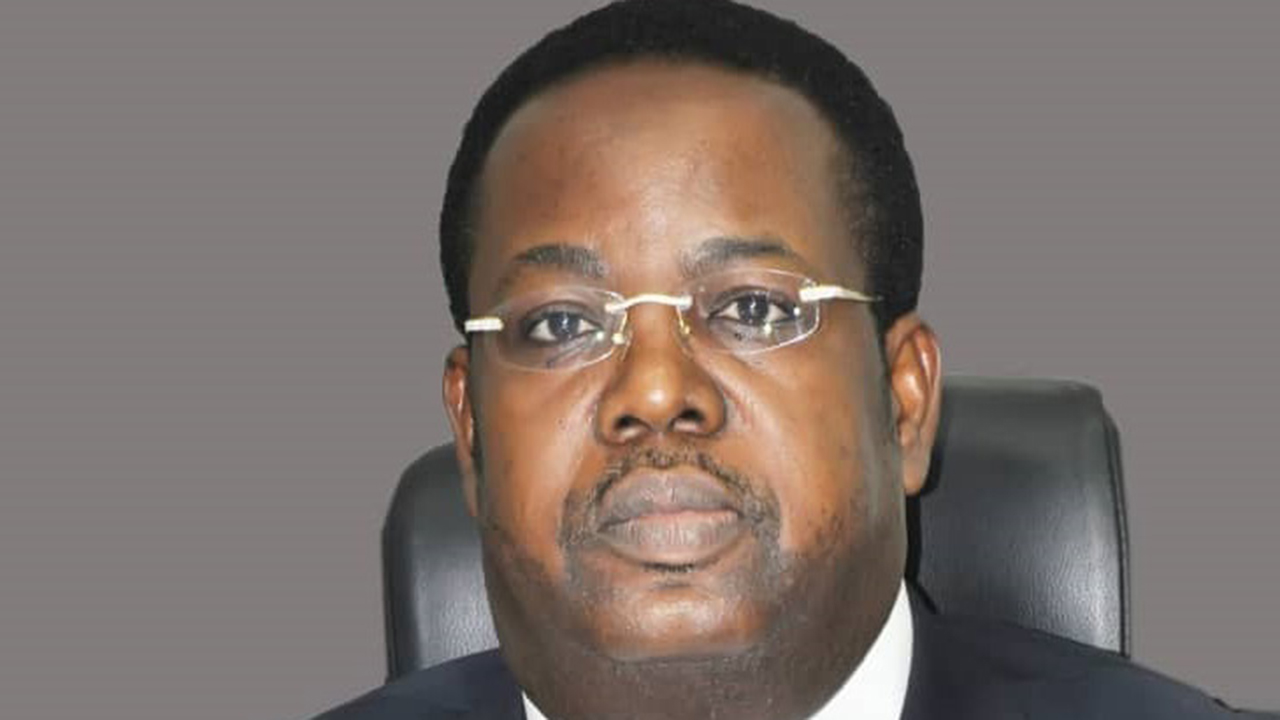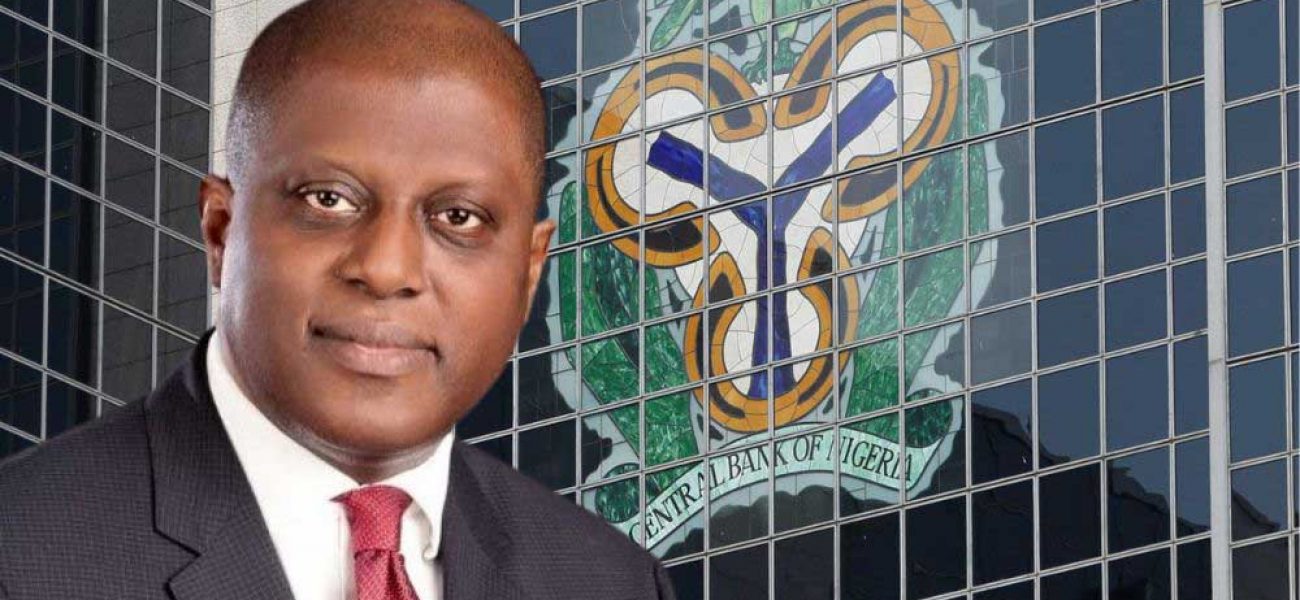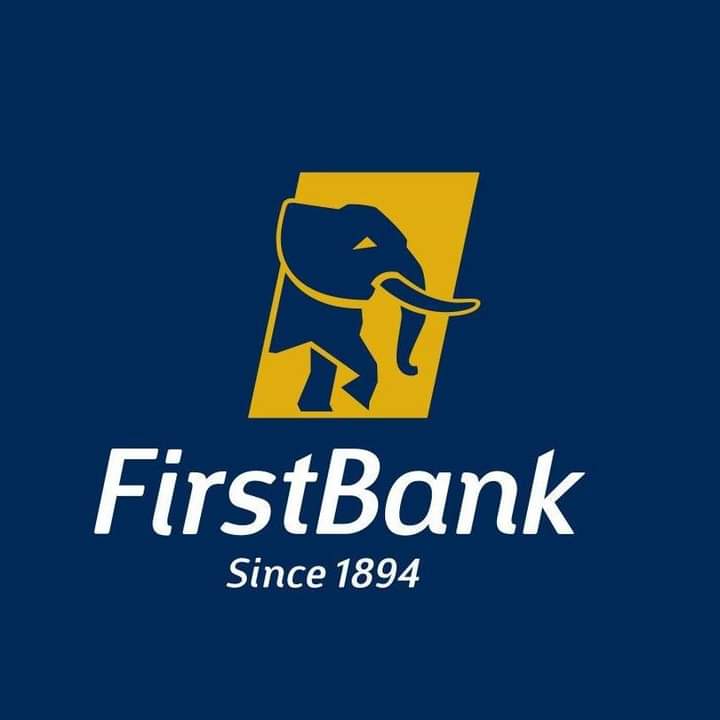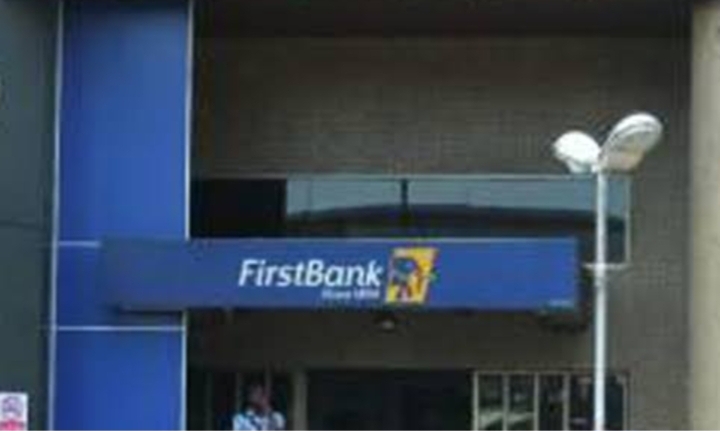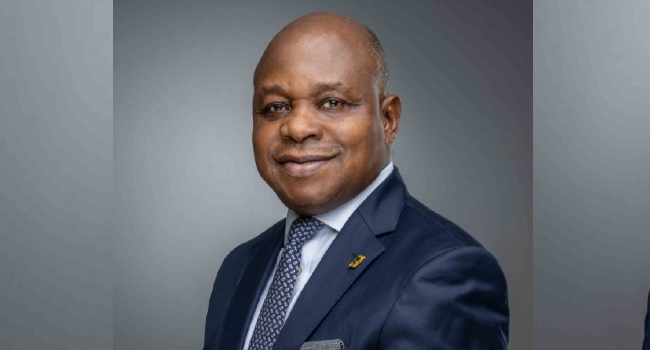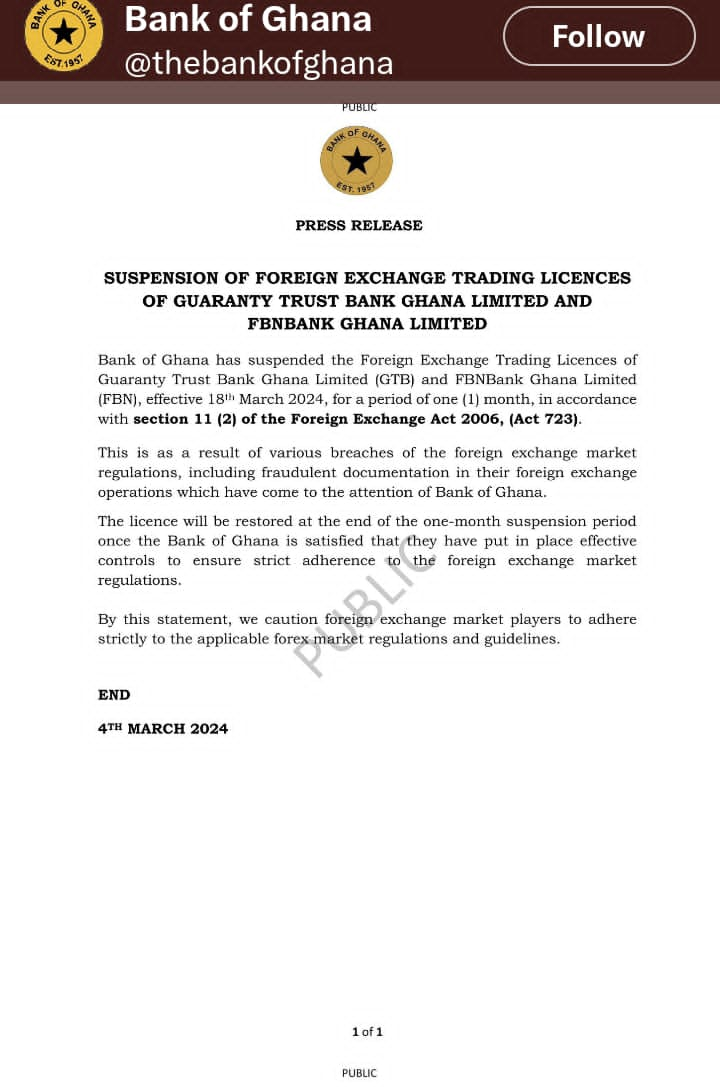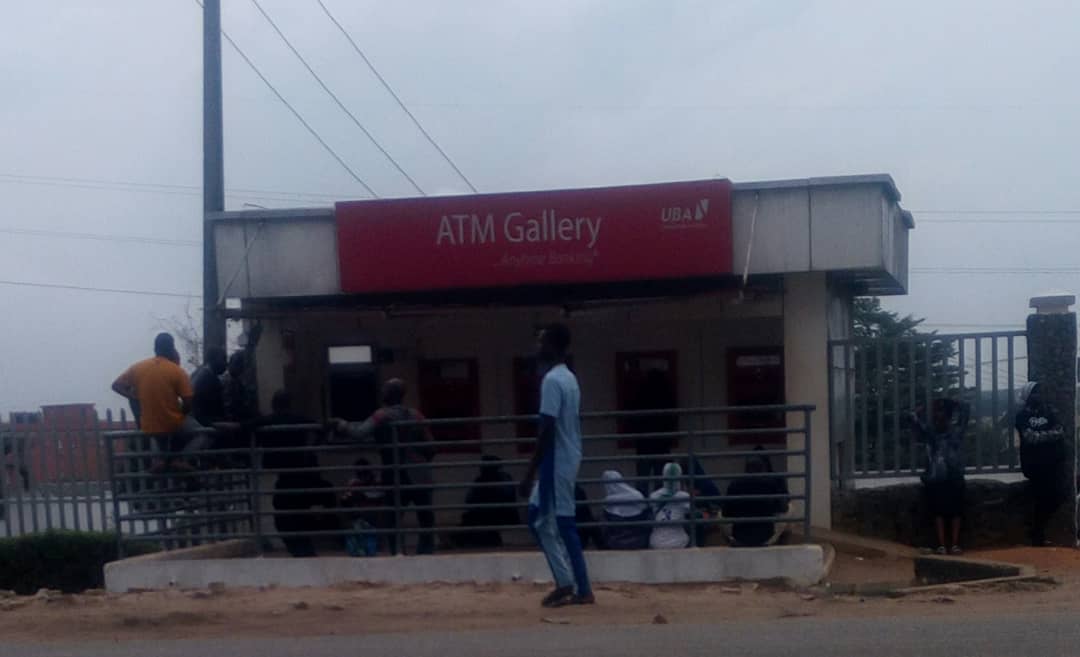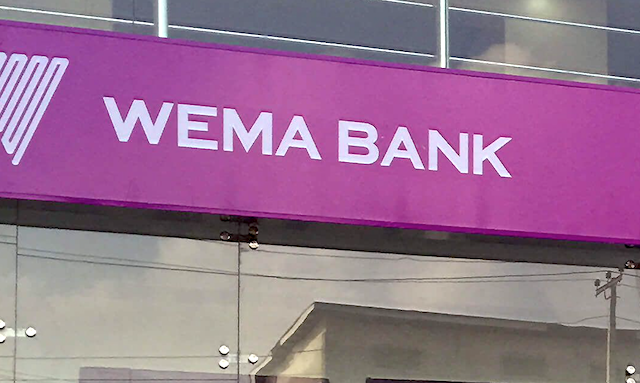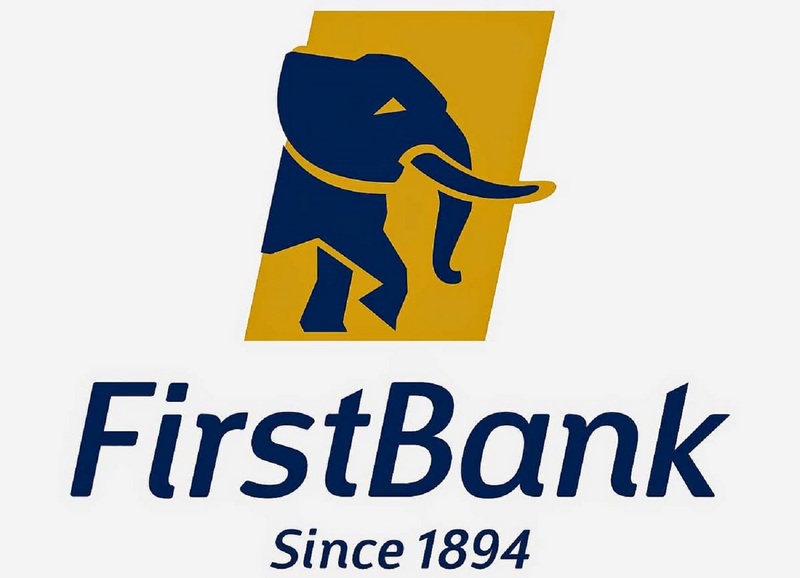Scarcity of the new naira notes and the difficulty in accessing the few available ones are proving to be a daunting experience for Nigerians across the country, as UBA Bank at the Agbara area of Badagry, Lagos State, on Tuesday stopped attending to their customers/Nigerians who were at the bank to withdraw money.
The challenges thrown up by the scarcity of the new notes were visible in banks at Agbara as hordes of residents who had gone to banks to withdraw some cash were left stranded.
Many begged to be given the old naira notes in the absence of the new ones, to enable them to attend to pressing needs requiring funds, but UBA Bank (Agbara Branch) did not yield to their appeal.
At the Bank road of Agbara, customers/Nigerians were seen waiting at various banks (Union Bank, First Bank, GTCB, Access Bank, FCMB) as they could not get money from inside these banks and their ATMs.
However, Zenith Bank, at the same location, allowed each customer to have access to N2,000 (N50 notes), both inside the bank and at their ATM.
TheNewsGuru.com (TNG) correspondent, who approached the UBA bank at Bank road of Agabara, was told that “it is a directive to us and there is nothing we can do. We cannot give out money.”
The UBA branch manager, upon refusing to give his name after the TNG correspondent introduced himself to him, noted that the bank is out of cash. However, some customers were seen depositing old naira notes at the counter of bank.
TheNewsGuru.com (TNG) correspondent made a move at the UBA bank Agbara to withdraw money but was told he cannot make a withdrawal of N10,000 from his account.
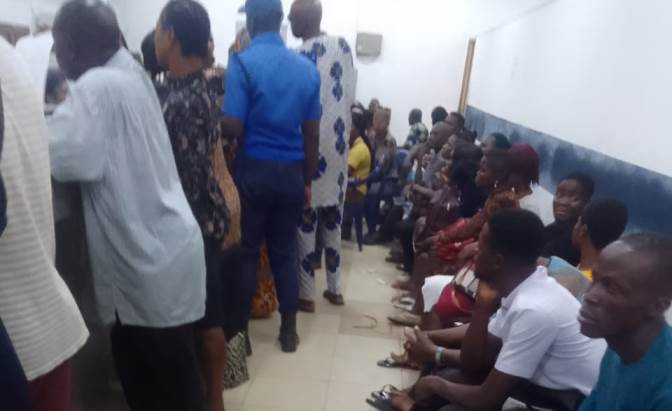
According to a customer of Zenith bank, who spoke to a TNG correspondent on anonymity, the bank told its customers that it can only give N2,000 from the counter and at the ATM, one cannot withdraw more than N2,000.
The situation left many Nigerians in tears on Tuesday as some complained that such an issue is prevalent in the rural part of Lagos where there is little or no supervision on what banks in the area do.
The Central Bank of Nigeria (CBN) had in October last year announced its decision to phase out the old N200, N500, and N1,000 notes and replace them with new designs.
Recall that President Muhammadu Buhari and CBN governor, Mr. Godwin Emefiele, among other officials, launched the new naira notes at the State House, Abuja, on November 23, 2022.
The apex bank also gave Tuesday, January 31, 2023, as the deadline for phasing out the old naira notes, but later extended it to February 10.
The CBN has since launched the newly designed notes into the banking sector. However, the penetration of the notes has been too slow, leaving many Nigerians living in immense suffering.
Speaking at the launch of the new banknotes, which preceded the Federal Executive Council (FEC) meeting, President Buhari expressed delight that the redesigned currencies are locally produced by the Nigerian Security Printing and Minting (NSPM) Plc.
The president, in a statement by presidential spokesman, Femi Adesina, explained in detail the basis for his approval to the CBN to redesign the 200, 500 and 1000 banknotes.
According to the president, ‘‘the new Naira banknotes have been fortified with security features that make them difficult to counterfeit.’’
He also added that the new banknotes would help the Central Bank design and implement better monetary policy objectives as well as enrich the collective memory of Nigeria’s heritage.
President Buhari commended the CBN Governor, Godwin Emefiele and his deputies for the initiative, while also thanking the managing director, executive directors and staff of the Nigerian Security Printing and Minting Plc “for working tirelessly with the apex bank to make the currency redesign a reality, and for printing the new Naira notes within a comparatively short time.”
Acknowledging that international best practice requires central banks and national authorities to issue new or redesigned currency notes every 5 to 8 years, the president noted that it is now almost 20 years since the last major redesign of the country’s local currency was done.
‘‘This implies that the Naira is long overdue to wear a new look. A cycle of banknote redesign is generally aimed at achieving specific objectives, including but not limited to: improving security of banknotes, mitigating counterfeiting, preserving the collective national heritage, controlling currency in circulation, and reducing the overall cost of currency management
‘‘As is known, our local law – specifically the Central Bank of Nigeria Act of 2007 – grants the Central Bank of Nigeria the power to issue and redesign the Naira.
‘‘In line with this power, the Central Bank Governor approached me earlier this year to seek my permission to embark on a currency redesign project. I considered all the facts and reasons presented before me by the Central Bank.
‘‘There was an urgent need to take control of currency in circulation and to address the hoarding of Naira banknotes outside the banking system, the shortage of clean and fit banknotes in circulation, and the increase in counterfeiting of high-denomination Naira banknotes. It is on this basis that I gave my approval for the redesign of the 200, 500 and 1000 banknotes.
‘‘While this may not be apparent to many Nigerians, only 4 out of the 54 African countries print their currencies in their countries, and Nigeria is one. Hence, a majority of African countries print their currencies abroad and import them the way we import other goods.
‘‘That is why it is with immense pride that I announce to you that these redesigned currencies are locally produced right here in Nigeria by our Security Printing and Minting Plc,’’ he said.
TheNewsGuru.com (TNG) reports that presently, Nigerians of 213.4 million (as of 2021) cannot have access to their money in banks- as the unavailability of new naira notes seem to have subjected the average Nigerian to intense hardship, despite that the hike of the fuel pump price is yet to be resolved.
With the increase in fuel pump price and the non-availability of funds to Nigerians who had kept their money in banks, many frustrated citizens of this country are asking just one question, “Who did we offend in Nigeria?”
